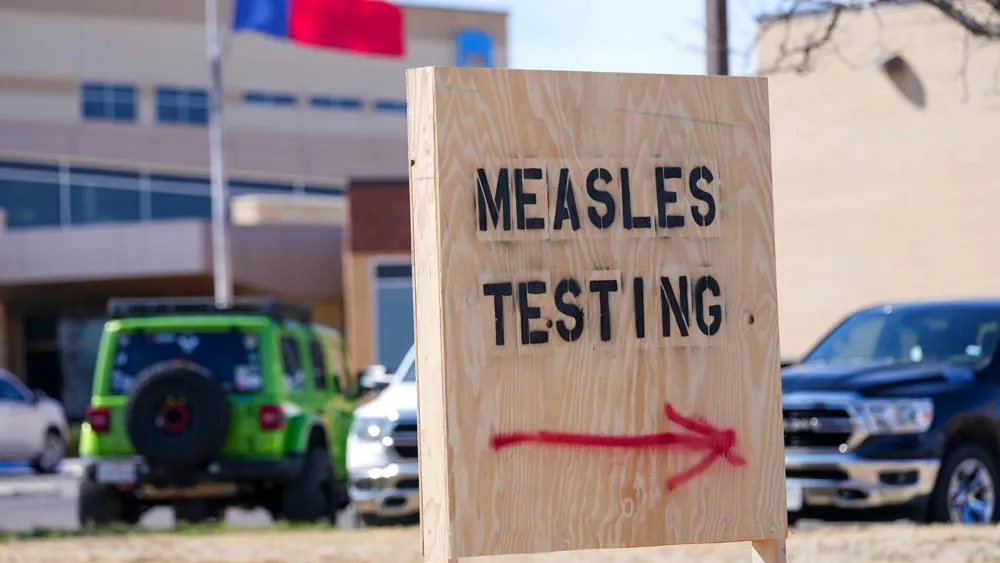March 27, 2012
Turkey's Military Requires Soldiers to Prove That They're Gay
Jason St. Amand READ TIME: 4 MIN.
Turkey's compulsory military service requires that all male citizens between the ages of 18 and 41 enter the military in some way. The only way they can dodge the mandatory law is if they are ill, disabled or gay. But proving their sexual orientation has become an embarrassing experience, BBC News reported.
To avoid military service and to receive a "pink certificate" (which legally declares a male as a homosexual) Ahmet, a Turkish man in his 20s, had to face a number of degrading questions and requests about his sexual orientation.
''They asked me when I first had anal intercourse, oral sex, what sort of toys I played with as a child," Ahmet told the BBC. "They asked me if I liked football, whether I wore woman's clothes or used woman's perfume," he says. ''I had a few days' beard and I am a masculine guy -- they told me I didn't look like a normal gay man.''
The Turkish military officials then asked Ahmet for a picture of himself in drag.
''I refused this request,'' he says. ''But I made them another offer, which they accepted.'' Ahmet provided a picture of himself kissing another man. Ahmet's case is currently being reviewed by the military.
The BBC also interviewed another gay Turkish man who was forced to enter the military in the late 90s. Gokhan said he was afraid of guns and was worried about being bullied because of his sexual orientation.
''They asked me if I had any photographs.'' Gokhan says, ''And I did.'' Gokhan heard that the only way he could prove he was gay to the military was by showing officials photos of him having sex with another man.
''The face must be visible,'' says Gokhan. ''And the photos must show you as the passive partner.'' The photos were sufficient and Gokhan earned his "pink certificate" but he said the ordeal was an awful experience.
A top is not considered to be gay even if he is having sex with another man and the military demands that the individual who is proving their sexuality must be the recipient in the photo. Individuals also have to submit psychological tests, such as drawing pictures with crayons. The drawings are analyzed and then military doctors question the individual.
''It's still terrible because somebody holds those photographs," Gokhan said. "They can show them at my village, to my parents, my relatives.''
Retired Turkish general, Armagan Kuloglu told the BBC that gay men in the Army would cause "disciplinary issues" and it would be impractical to create "separate facilities, separate dormitories, showers, training areas." Similar to the U.S.'s "Don't Ask Don't Tell" act, which was repealed last year, Kulogul said that if a gay man remains in the closet he can serve in the military.
"But when someone comes out and says he is gay, then the army needs to make sure that he is truly gay, and not simply lying to evade his mandatory duty to serve in the military," he said.
Turkey's military hospitals say being gay is an "illness" and use a 1968 version of a document by the American Psychiatric Association as their guide. Turkish doctors are feeling pressured to "diagnose" sexual orientation.
"Doctors are coming under immense pressure from their commanders to diagnose homosexuality, and they obey, even though there really are no diagnostic tools to determine sexual orientation,'' one psychiatrist who formerly worked at a military hospital told the BBC. ''It is medically impossible, and not at all ethical."
Some citizens say they are jealous that gay men can get out of having to serve in the military. But gay men who are served with a "pink certificate," like Gokhan, can face discrimination, especially in the workplace.
When Gokhan's employers found out that he was gay, he was bullied and co-workers harassed him or refused to talk to him. ''But I am not ashamed. It is not my shame," he says.
Ahmet has yet to receive a "pink certificate" and might not get one for another year. He believes the delay is a result of his refusal to wear women's clothes for Army officials. ''I am against the whole military system. If I have to fulfill a duty for this nation, they should give me a non-military choice," he said.
Despite Turkey's treatment towards gay men in the military, the BBC reported that the country's views towards the LGBT community have been changing for the better as gay cafes and clubs are popping up all over Istanbul. The BBC also noted that that city's gay pride parade, which was held last summer, was the largest ever.
Turkey does not recognize gay marriage or civil unions, however. The Ottoman Empire legalized gay sex in 1858 and it has been legal ever since but the Eurasian nation does not have any anti-discrimination laws that protect the LGBT community. In addition, the Turkish Council of State has ruled that gays should not have custody of children but it is not an official law.


